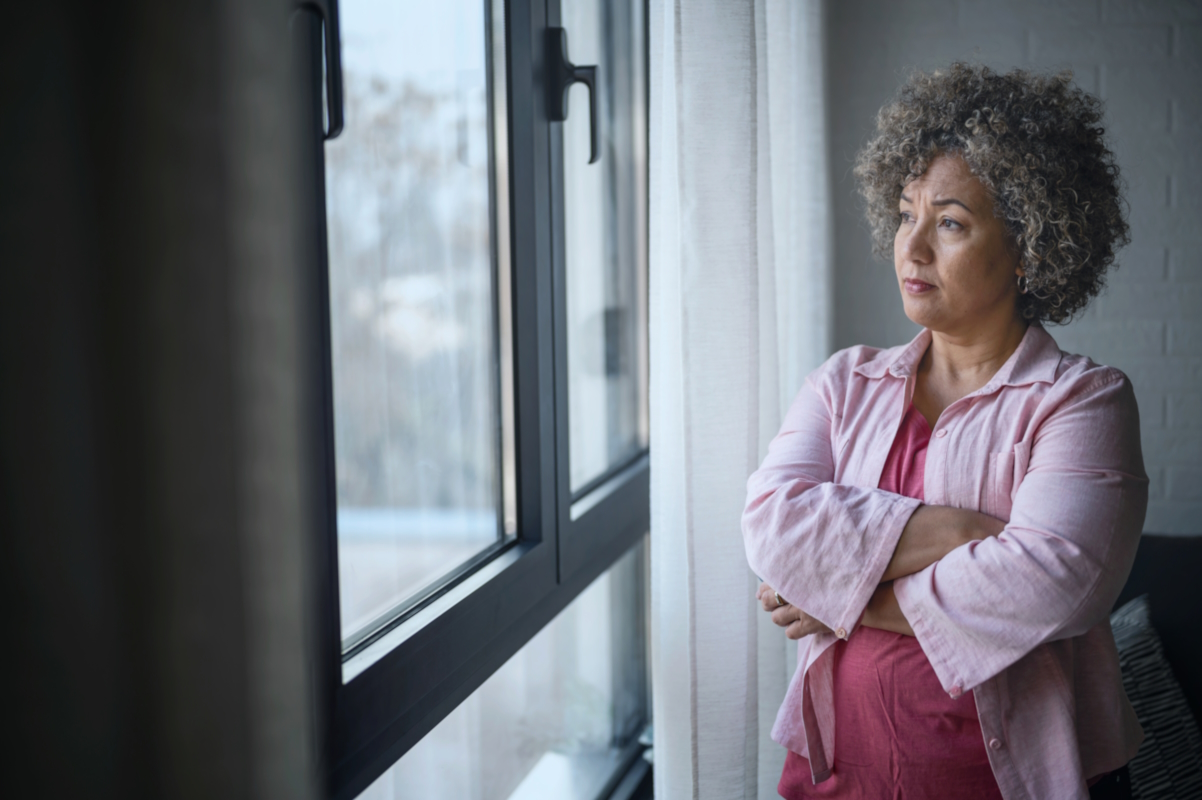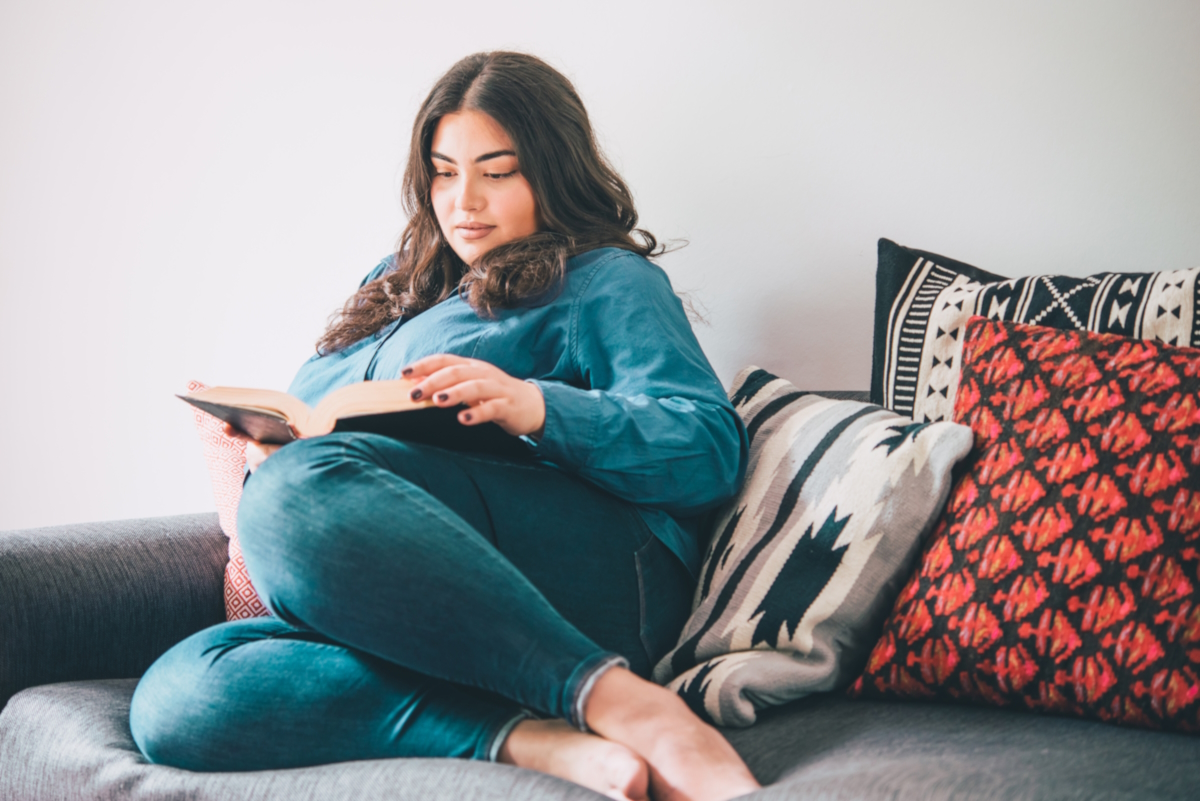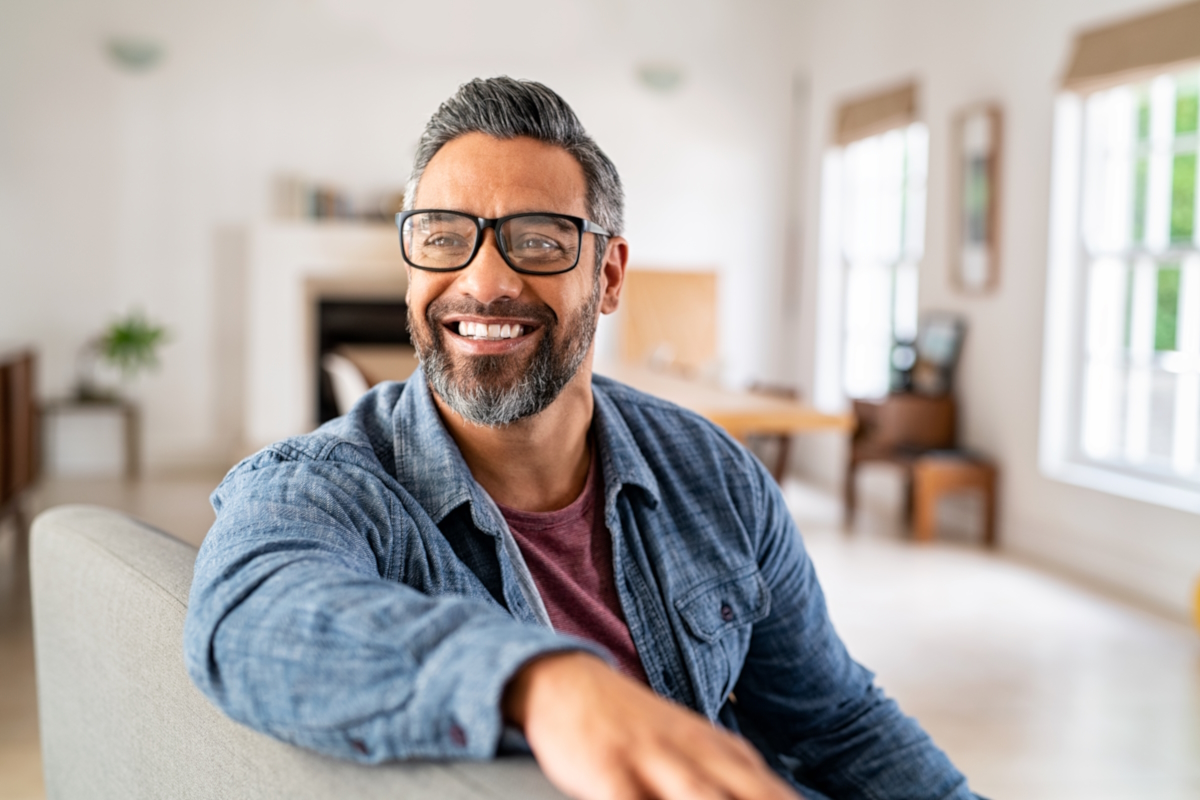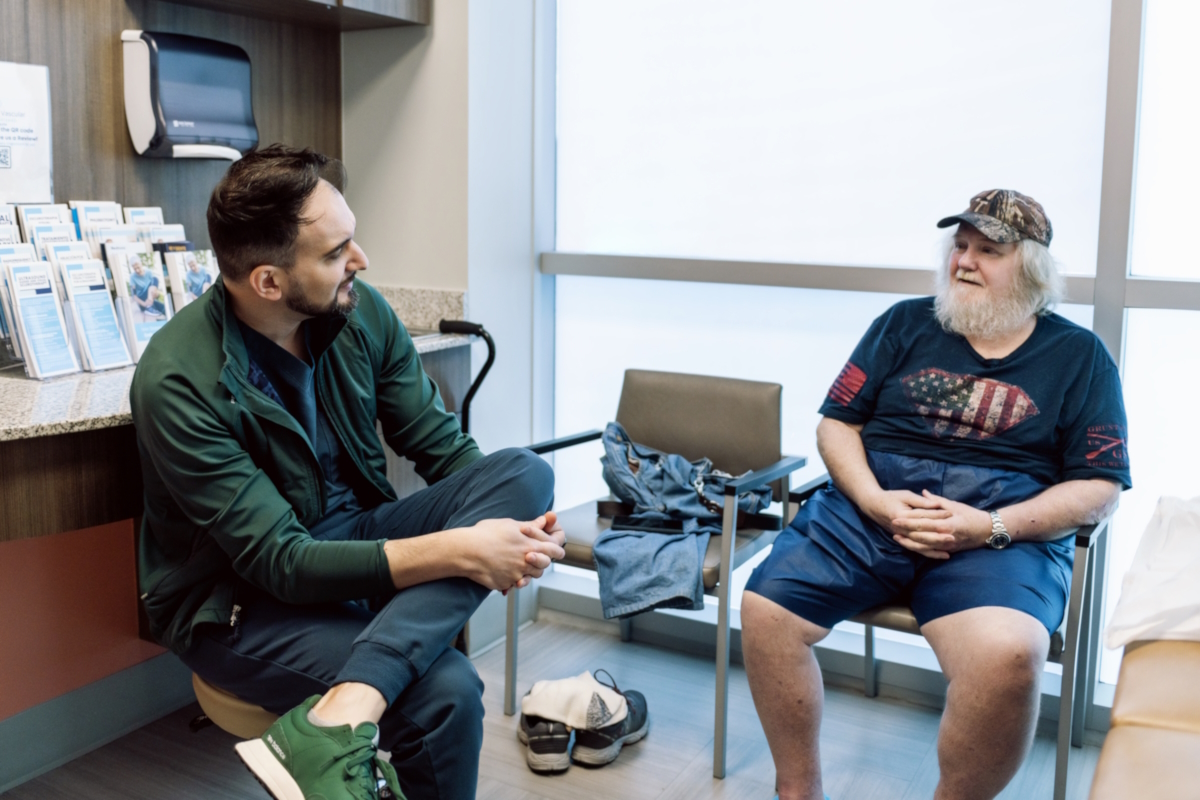Understanding the Emotional Toll of Varicose Veins
Author: StrideCare Internal Team

It can be difficult to be satisfied with the appearance of your legs when you have varicose veins. Friends and family might say not to worry and that is not noticeable. But all you see when you wear shorts, a skirt, a bathing suit, or any other garment that shows off a little skin is a cosmetic nightmare. What were once smooth, tan, and toned legs are now riddled with swollen, bulging, and twisted veins up and down your thighs and lower legs.
At StrideCare, we talk a lot about the health effects varicose veins can lead to if left unattended. With May being Mental Health Awareness Month, it’s also appropriate to discuss the emotional toll. After all, varicose veins affect roughly 25 million men and women in the United States. Many of them are increasingly self-conscious about their worsening condition, which can lead to anxiety, depression and low body image.
Are you tired of dealing with varicose veins? Schedule a consultation with a StrideCare vascular specialist today. Our collaborative approach ensures you receive the care you need.
Addressing Body Image Concerns of Varicose Veins
Varicose veins appear due to the veins in your body not functioning correctly over time. Typically, veins work on a one-way system using valves to keep the blood from flowing back in the wrong direction. When these valves fail, the veins pool with blood and cause a bulging appearance, skin discoloration, and discomfort. While varicose veins typically affect patients whose bodies are naturally going through changes as they get older, anyone at any age can suffer from varicose veins. This includes pregnant women, individuals who are in their first stages of menopause, and even people who are overweight or have a family history of vein disorders.
Varicose veins are 2.5 millimeters or larger and range from dark blue to purple. What’s worse is that they often protrude above the surface of the skin and lead to a variety of symptoms that include:
- Achy or heavy feeling in your legs
- Burning sensation
- Throbbing, muscle cramping, swelling
- Pain that worsens after sitting or standing for long periods
- Itchy skin or skin discoloration
- Numb legs
- Bruising
If that’s not enough to convince you to seek treatment, the body image concerns that can come with having varicose veins just might. While it would be easy to pass this off as being too self-critical, there is legitimate psychological trauma and mental health impact that comes with having to deal with varicose veins. The appearance alone can make you feel physically unattractive from head to toe—even though the condition is limited to your legs. These feelings are often made worse by a society that emphasizes flawless appearances.
As a result, even the most outgoing person retreats and becomes increasingly modest. They’ll often express a negative evaluation of their own body and be highly self-critical as they compare their legs to societal standards. Over time, they may opt for jeans or leggings to avoid exposing their legs, and negative self-esteem might have a ripple effect on relationships, social activities, and even career opportunities.

Then, the pain from many of the symptoms above kicks in. This can cause havoc that limits mobility and disrupts and decreases quality of life. Worse, varicose veins do not go away on their own. If anything, they tend to get worse. In fact, one study suggested that 58% of patients with varicose veins showed progression of their symptoms over time, worsening at a rate of 4.3% per year over the 13 years the study was conducted.
If left unchecked, these symptoms can worsen and lead to more severe complications such as:
- Chronic Venous Insufficiency — This is when blood pressure builds up in the lower legs. It can cause painful symptoms ranging from swelling and a heavy, full feeling in the legs to drastic skin changes that could lead to open sores and ulcers on the legs, feet, or ankles.
- Leg and Foot Ulcers — Without proper blood circulation, those unsightly varicose veins can form very painful ulcers on your legs, feet, heels, toes, and ankles. Once they form, these skin ulcers can take a considerable amount of time to heal.
- Deep Vein Thrombosis (DVT) — A serious condition in which a blood clot occurs deep within one of the body’s veins. These clots can be life-threatening. While we typically see DVT in the legs or thighs, these harmful blood clots can be found anywhere in the body under the right conditions.
- Restless Leg Syndrome — Several studies indicate that as many as 22% of those with RLS (pins and needles sensation, itchiness, aching, etc.) have venous insufficiency.
Is My Mental Health and Stress Making My Varicose Veins Worse?
Stress is connected to our mental health in several ways and can make existing mental health problems worse. Not surprisingly, there is also a real connection between stress and varicose veins.
Lower your stress levels, and you may find relief. Become too stressed, and the spike in your blood pressure can weaken blood vessels and foster varicose vein progression. Leading a stress-free life is easier said than done, and it won’t completely prevent varicose veins. However, many people report that feelings of stress and anxiety disappear after they’ve had their varicose veins treated.
Many even say their symptoms were less severe leading up to treatment because they felt less stress knowing a solution was approaching.

You don’t have to be saddled with varicose veins forever? Schedule a consultation with StrideCare’s expert physicians at one of our vein clinics near you.
How Can I Cope With the Emotional Toll of Varicose Veins?
The emotional toll of varicose veins is far-reaching, potentially impacting you on a mental, physical, and social level. However, there are coping strategies to manage your emotions and improve your overall well-being.
- Be open and share experiences with family, friends, your doctor, and support groups.
- Practice positive self-talk, focusing on other things besides your physical appearance.
- Engage in self-care through exercise, staying physically active, and practicing relaxation techniques.
- Maintain a healthy weight, as excess weight can put additional pressure on your veins.
- Consider wearing compression stockings to reduce pain and swelling.
- Seek professional help.
- Reduce stressful life events.
- Talk to a vascular specialist about treatment options.
Trust StrideCare to Treat Your Varicose Veins
Living with varicose veins can be emotionally draining. Even if you aren’t in any pain, the bulging varicose veins and constant swelling are about all you can think about, and the urge is to cover up as quickly as possible and suffer in silence.
For starters, you don’t have to live with varicose veins forever. Furthermore, your body was meant to be shown off. So let us help get you there. If the underlying cause for your legs is vascular-related, it may be alleviated with a medication change or changing your eating habits and living a more active lifestyle. When a vein disease is the culprit, there are easy, fast, minimally invasive treatment options to get you back to a pain-free lifestyle.

StrideCare has long been a leader in multi-specialty care for treating lower-extremity vascular and podiatric conditions. That includes our ability to perform leading-edge procedures to treat artery and vein disease and symptoms that, while minor in their earliest stages, can eventually lead to more serious and life interrupting issues. The experts at StrideCare will recommend an individualized plan to help you get the best results.
Please contact us at 866-552-4866 or complete the appointment form to schedule a consultation. We are here to help, all while providing compassionate patient care.
Prior to starting any new treatment or questions regarding a medical condition, always seek the advice of your doctor or other qualified health provider. This information is not a substitute for professional medical advice.
StrideCare serves North Texas and South Texas communities, including San Antonio, Stone Oak, Austin, Round Rock, Bastrop, Brushy Creek, Cedar Park, Converse, Georgetown, Hutto, Kyle, Leander, Marble Falls, New Braunfels, Pasadena, Pearland, Pflugerville, San Marcos, Schertz, Bay City, Universal City, Spring, Kingwood, Stafford, Conroe, Texas City, Cypress, League City, Bellaire, Dallas, Mesquite, Addison, Arlington, Plano, McKinney, Craig Ranch, Prosper, Flower Mound, Euless, Southlake, South Dallas, Sherman, Irving, Garland, Carrollton, Rowlett, Coppell, Forney, Rockwall, Houston, Sugar Land, Katy, Webster, Clear Lake, The Woodlands, Lake Jackson, and more.
*Patient stories are true. Names and/or photos may be changed to protect patient confidentiality.


